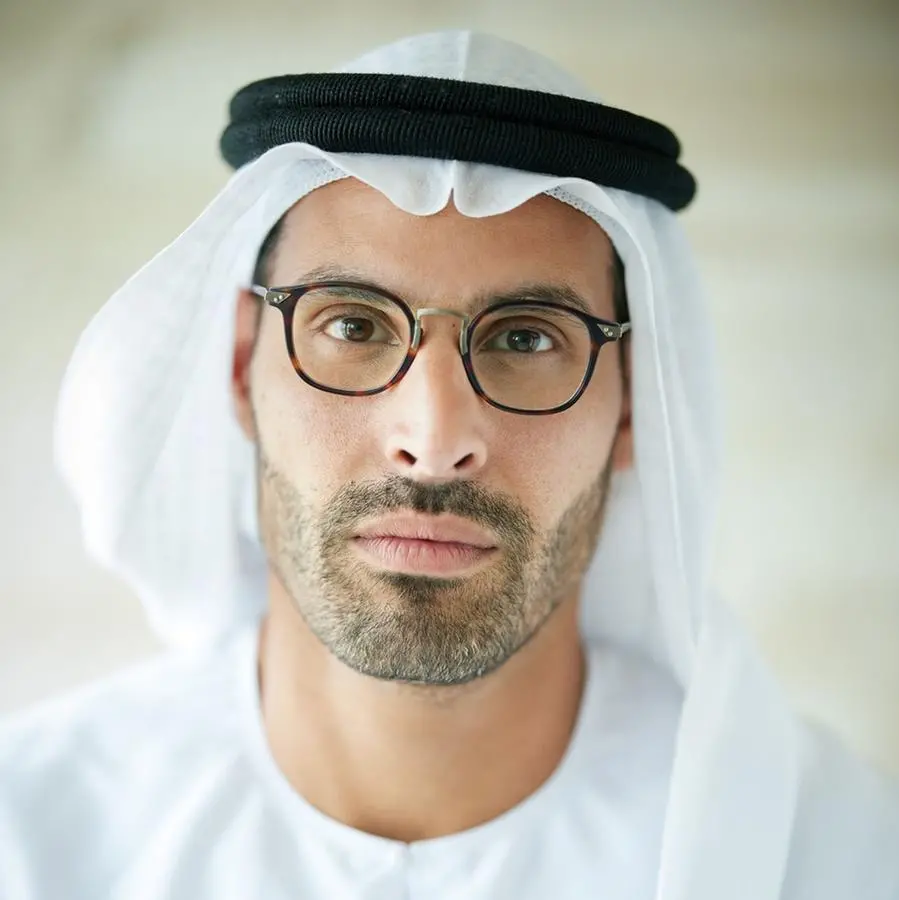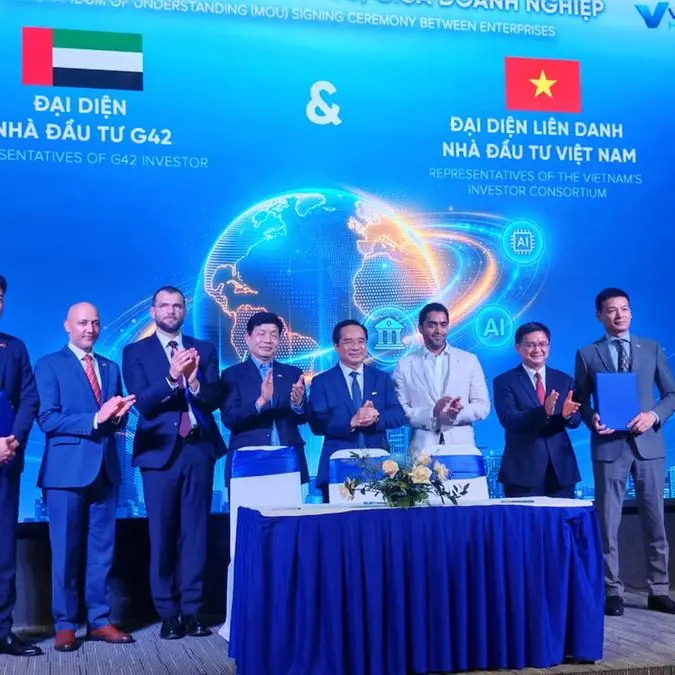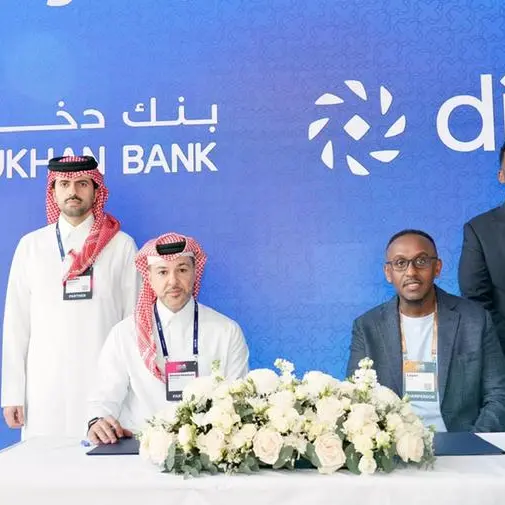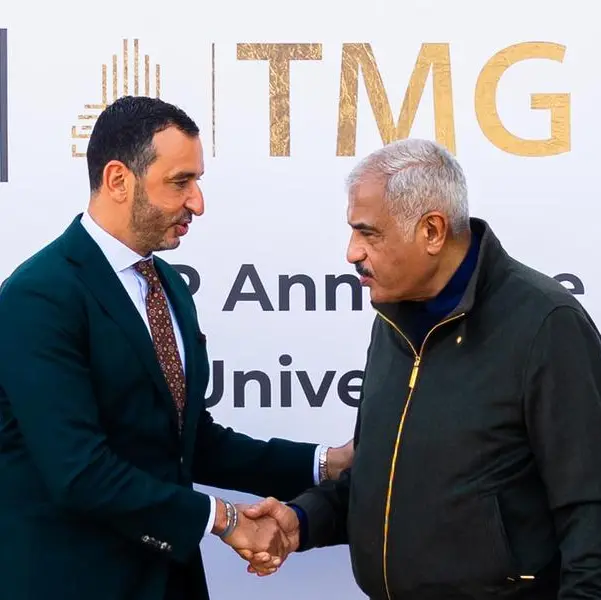Dubai, UAE: HE Saeed Mohammed Al Tayer, Vice Chairman of the Dubai Supreme Council of Energy has today launched the 5th State of Green Economy Report 2019. The Dubai Supreme Council of Energy compiled the Report in collaboration with the Dubai Carbon Centre of Excellence under the patronage of Dubai Electricity and Water Authority (DEWA). The Report was launched at a ceremony held at the Etihad Museum in Dubai.
The ceremony was attended by HE Ahmad bin Buti Al Muhairbi, Secretary General of the Dubai Supreme Council of Energy; HE Mohammed Mohammed Saleh, Director General of the Federal Electricity and Water Authority (FEWA); HE Razan Khalifa Al Mubarak, Secretary General of the Environment Agency-Abu Dhabi; HE Saif Al Falasi, CEO of Emirates National Oil Company (ENOC); HE Abdulnasser Bin Kalban, CEO of DUBAL Holding; HE Ahmad Bin Shafar, CEO of Emirates Central Cooling Systems Corporations (Empower); Waleed Salman, Chairman of Dubai Carbon Centre of Excellence; and representatives from the public and private sectors, international organisations, and the media.
In his keynote speech, Al Tayer noted that the 5th State of Green Economy Report highlights the key achievements of active institutions and organisations in green economy, best practices, and success stories that help drive the transition to a green economy. It also covers the policies to make the UAE a model for building a sustainable economy; achieving continuous growth without affecting natural resources or the environment.
“Launched under the theme of the Year of Zayed, the State of Green Economy Report 2019 focuses on the achievements and efforts of a large number of organisations during the Year of Zayed. Throughout last year, we celebrated the centennial birth of the late Sheikh Zayed bin Sultan Al Nahyan, who consolidated the foundations of sustainability in the UAE. This is continued by the wise leadership of His Highness Sheikh Khalifa bin Zayed Al Nahyan, President of the UAE; His Highness Sheikh Mohammed bin Rashid Al Maktoum, Vice President and Prime Minister of the UAE and Ruler of Dubai; and His Highness Sheikh Mohamed bin Zayed Al Nahyan, Crown Prince of Abu Dhabi and Deputy Supreme Commander of the UAE Armed forces, to promote the sustainable development and green economy. This is achieved based on a vision that anticipates the future in line with the UAE Centennial 2071, to ensure a happy and sustainable future for generations to come and make the UAE the best country in the world,” said Al Tayer.
“The UAE views sustainability as a global priority and is committed to combatting the impacts of climate change through relevant strategies and policies as per the UN’s Sustainable Development Goals 2030. In Dubai, we are working to achieve the goals of the 8 principles of governance and the 50 Year Charter launched by His Highness Sheikh Mohammed bin Rashid Al Maktoum, which include improving the quality of life, developing Dubai’s society, and ensuring a bright future for the next generations. Dubai is a pioneer in the transition to a green economy through two parallel courses of action. The first is to reduce energy and water demand by 30% by 2030, by promoting efficiency and conservation programmes; whereas the other path is improving the supply side by diversifying the energy mix, especially clean energy, increasing the efficiency and reducing the power and water network losses,” added Al Tayer.
Al Tayer noted that the State of Green Economy Report 2019 includes the recommendation and key findings of the World Green Economy Summit (WGES 2018), which was held in Dubai last October in Dubai. It also features the 5th Dubai Declaration, which was announced at the conclusion of WGES, which focused on three pillars. These included Green Capital; the role of Digital Transformation, in keeping pace with rapid changes in technology and its futuristic advances, especially the Fourth Industrial Revolution; digital evolution, cryptocurrencies, blockchain technologies, robotics, machine learning and the Internet of Things (IoT); Leadership and Social Engagement by identifying paradigms and mechanisms for ideal public-private partnerships by developing the necessary legislation and regulations. This emphasises Dubai’s commitment to enhancing sustainability, energy security, and environmental conservation. The report is part of this commitment and supports the Dubai Clean Energy Strategy 2050, which was launched by His Highness Sheikh Mohammed bin Rashid Al Maktoum to provide 7% of Dubai's total power output from clean energy sources by 2020. This will increase to 25% by 2030, and 75% by 2050.
“The State of the Green Economy Report 2019 has 8 chapters that address a number of key topics that constitute a roadmap to enhancing energy efficiency and reducing carbon emissions across all sectors, to contribute to a sustainable future. The report is a reference for decision-makers and specialists, for best practices and successful models to combat climate change. It highlights the vision and support of the leadership to the transition to a green economy, as well as empowering the youth by honing their capabilities and developing their skills to take leading roles in this domain. It also reviews the role of green transport, technological innovations and smart solutions and capacity building and knowledge sharing,” said Al Tayer.
Al Tayer thanked everyone who contributed to the Report, commending the leading role of the sponsors and supporters, for their commitment to sustainable development to ensure a brighter future, for generations to come. At the end of the ceremony, Al Tayer honoured a number of individuals and organisations from the public and private sectors for their contributions to the Report.
“We appreciate the efforts of the government and private organisations that contributed to preparing and sponsoring the State of Green Economy Report 2019. The report provides an overall perspective of the initiatives and policies that accelerate the transition towards a green economy, as well as the efforts of different organisations in the UAE that contribute to making the UAE a global role model for a green economy. The report includes key information in eight chapters, highlighting the importance of partnerships between the public and private sectors in developing and implementing green initiatives in various areas. It also includes insights by a number of ministers and senior officials in the UAE on different topics that support the vision of the late Sheikh Zayed bin Sultan Al Nahyan in sustainability and green economy,” said Waleed Salman, Chairman of the Dubai Supreme Council of Energy.
-Ends-
For more information, please contact:
Plus 1 Communications
Jenna Stirland
+971 56 892 6609
© Press Release 2019Disclaimer: The contents of this press release was provided from an external third party provider. This website is not responsible for, and does not control, such external content. This content is provided on an “as is” and “as available” basis and has not been edited in any way. Neither this website nor our affiliates guarantee the accuracy of or endorse the views or opinions expressed in this press release.
The press release is provided for informational purposes only. The content does not provide tax, legal or investment advice or opinion regarding the suitability, value or profitability of any particular security, portfolio or investment strategy. Neither this website nor our affiliates shall be liable for any errors or inaccuracies in the content, or for any actions taken by you in reliance thereon. You expressly agree that your use of the information within this article is at your sole risk.
To the fullest extent permitted by applicable law, this website, its parent company, its subsidiaries, its affiliates and the respective shareholders, directors, officers, employees, agents, advertisers, content providers and licensors will not be liable (jointly or severally) to you for any direct, indirect, consequential, special, incidental, punitive or exemplary damages, including without limitation, lost profits, lost savings and lost revenues, whether in negligence, tort, contract or any other theory of liability, even if the parties have been advised of the possibility or could have foreseen any such damages.



















